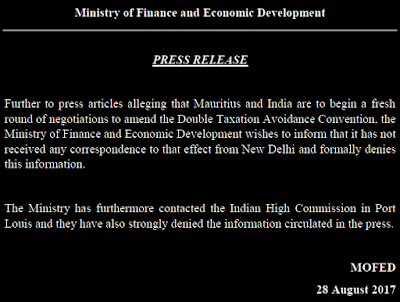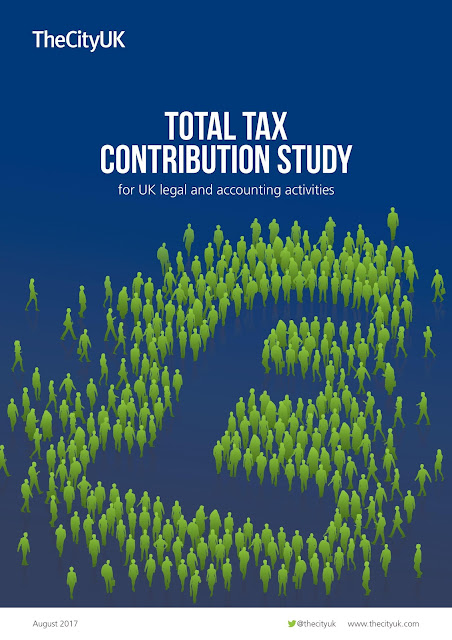Pairing the finest quality coffee with smooth milk is a flavour harmony that has long transfixed professional baristas. Now, Nespresso is bringing this sensation to the home with three new limited edition coffees, two of which have been especially created to be prepared with milk. Whether you indulge in a creamy Cappuccino, a full-bodied Espresso Macchiato or an extra intense Ristretto, there is a BARISTA limited edition coffee to satisfy your senses and allow you to bring the coffee bar straight to your kitchen.
Inspired by a barista’s craftsmanship to perfectly harmonise the complex flavours in coffee and mastering milk preparation, Nespresso undertook multiple sensory tests to define the exact levels of roasting and the ideal coffee grinding techniques to create the BARISTA limited editions.
Karsten Ranitzsch, Head of Coffee at Nespresso explained, “From the many discussions with our consumers we have understood that a great coffee in black does not necessarily become an equally great coffee in white. Like the best baristas in the world, we have used our understanding and knowledge about coffee and paired it with the understanding that our consumers who love coffee with milk are looking for ideal bitterness, acidity, body, flavours and aromas in their cup. We are proud to have created three different Limited Edition coffees, which are specifically developed for those who like their Nespresso white, such as an Espresso Macchiato.”
Inspired by a barista’s craftsmanship to perfectly harmonise the complex flavours in coffee and mastering milk preparation, Nespresso undertook multiple sensory tests to define the exact levels of roasting and the ideal coffee grinding techniques to create the BARISTA limited editions.
Karsten Ranitzsch, Head of Coffee at Nespresso explained, “From the many discussions with our consumers we have understood that a great coffee in black does not necessarily become an equally great coffee in white. Like the best baristas in the world, we have used our understanding and knowledge about coffee and paired it with the understanding that our consumers who love coffee with milk are looking for ideal bitterness, acidity, body, flavours and aromas in their cup. We are proud to have created three different Limited Edition coffees, which are specifically developed for those who like their Nespresso white, such as an Espresso Macchiato.”
Barista Chiaro
Inspired by the craftsmanship of the world’s finest Baristas in mastering the perfect harmony of coffee with milk, BARISTA Chiaro is a new Limited Edition Blend that was specially crafted by Nespresso experts to prepare a sweet, Indulgent Cappuccino recipe which has a smooth, creamy taste with notes of Biscuit and Caramel.
Barista Corto
Inspired the craftsmanship of the world’s finest Baristas in mastering the flavourful harmony of sweetness, acidity and bitterness, BARISTA Corto is a new Limited Edition blend, the recipe for which was especially crafted by Nespresso experts for a winning Ristretto Nero with an extra-intense taste, thick syrupy texture and marble dark crema.
Barista Scuro
Inspired by the craftsmanship of the world’s finest Baristas in mastering the perfect harmony of coffee with milk, BARISTA Scuro is a new Limited Edition blend which was specially crafted by Nespresso experts to prepare an intense, dark Espresso Macchiato. It keeps its strong, flavourful, full-bodied coffee character when combined with a gentle touch of milk foam.








